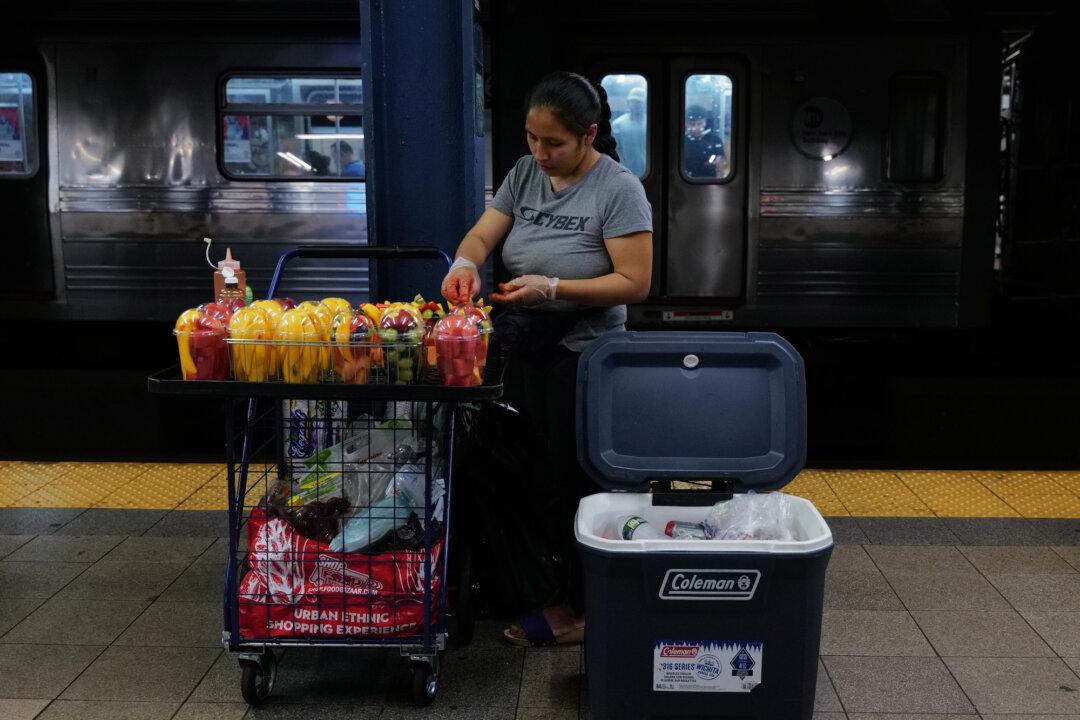Individuals who illegally came to the United States but have been given legal working papers can pick from over 18,000 jobs across the state of New York, Gov. Kathy Hochul said.
As part of an effort to move tens of thousands of illegal immigrants out of the government’s care and into independent living, the New York State Department of Labor was tasked in late August with studying the type and number of job openings that could be filled by those with legal work status.





